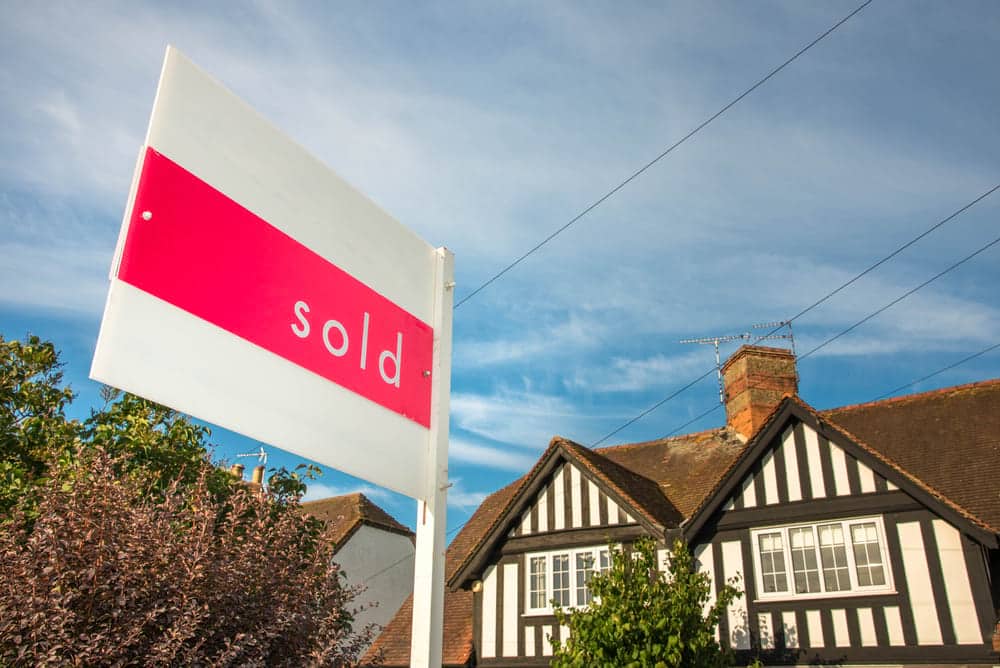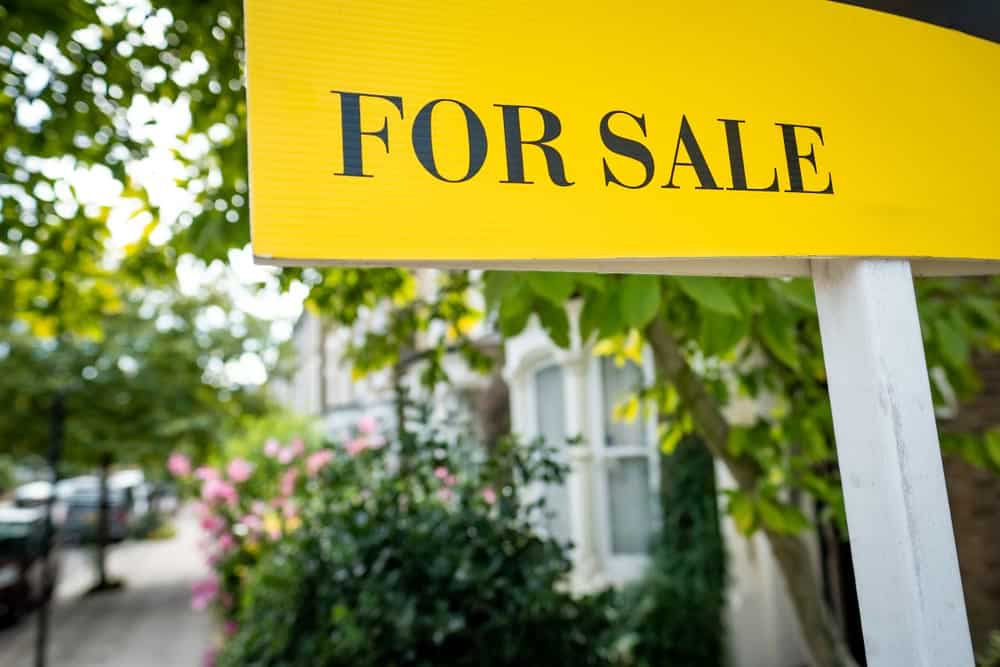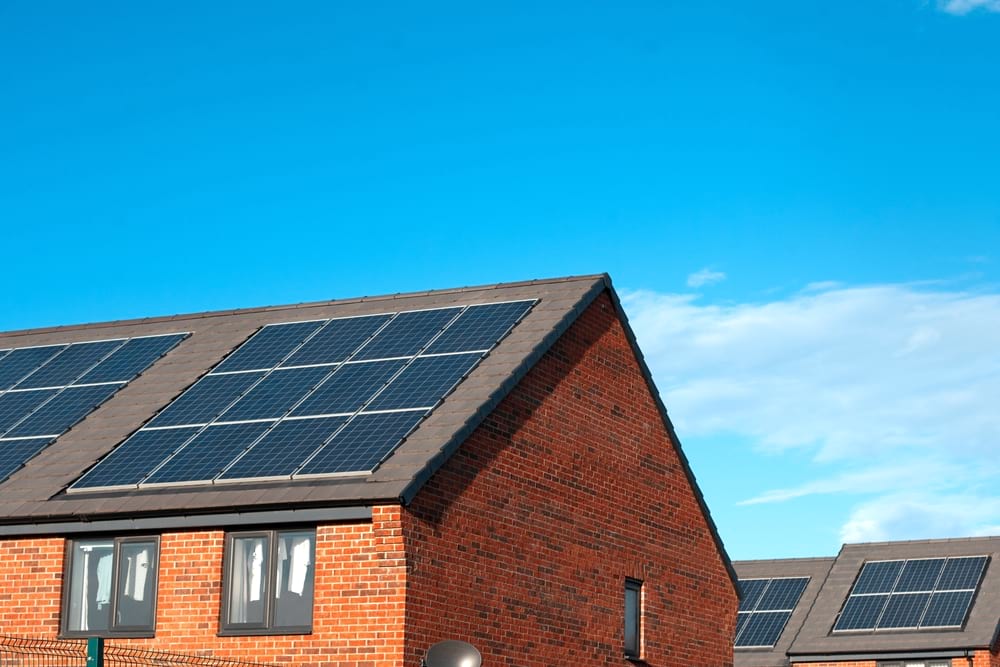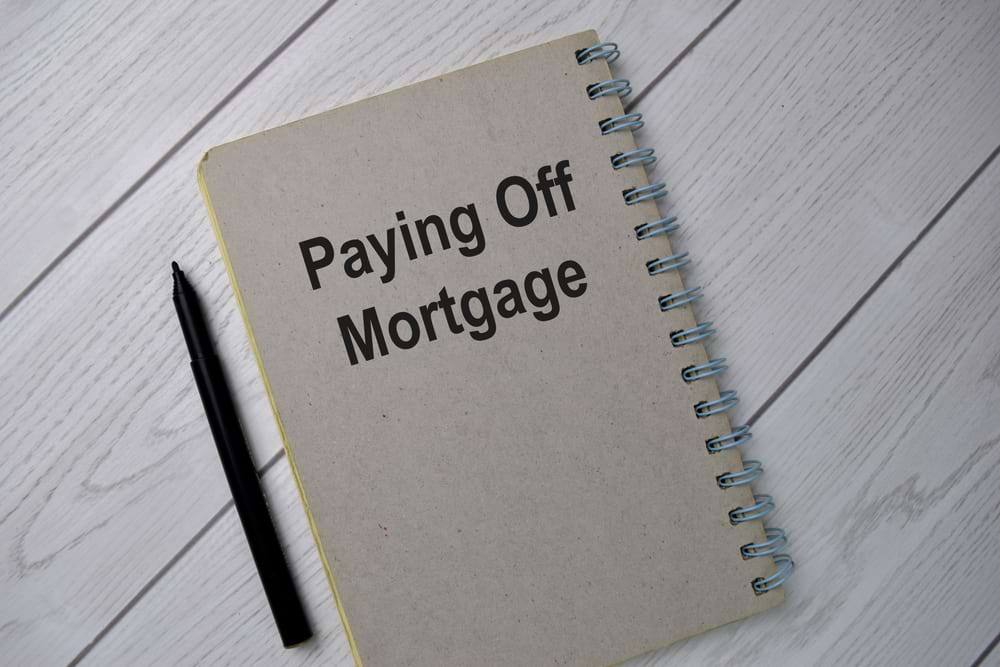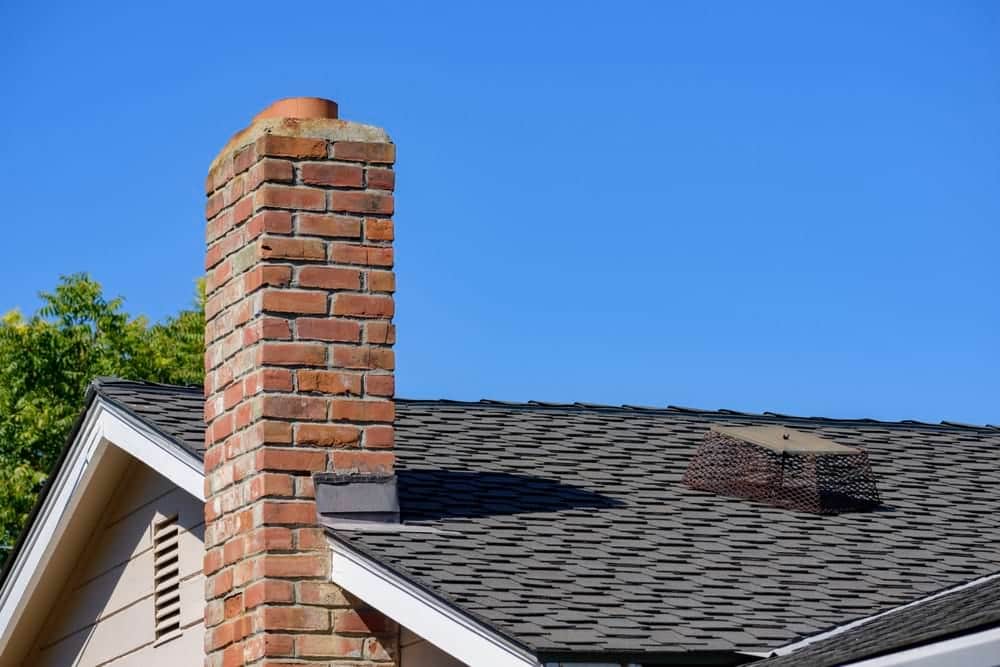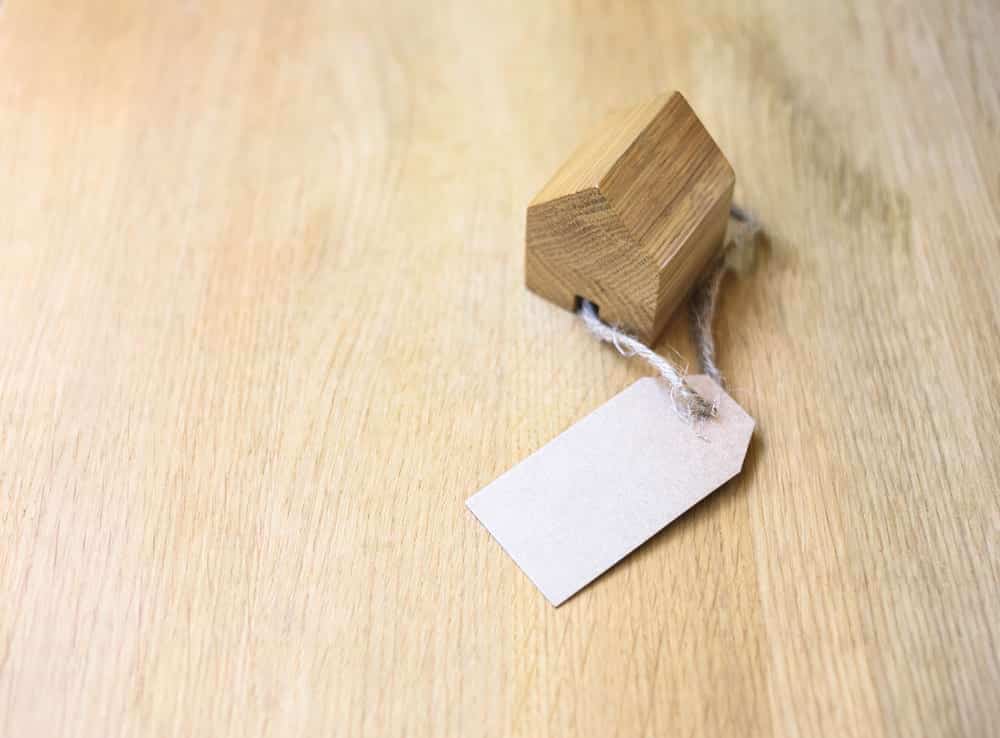Many people’s financial wellbeing is tied to their property.
And most of the time, selling a property has an uncertain outcome.
Understanding how selling your house works ensures you increase the likelihood of a successful sale.
Consider what you want to buy, etc.
Before you sell your home, it helps to have a clear idea of your priorities and next move. These issues will determine whether you should sell your house.
In most cases, achieving a certain price is essential.
This will be influenced by market conditions and the property’s condition. You can alter the latter, but you need to work out if it’s worth the investment.
In other circumstances, time frame is more important.
This is dependent on market conditions and selling channels. The average house takes 25 weeks (6 months approx.) to sell on the open market.
So, many conditions need to be met to for a sale to success.
For example, you might have seen your dream property for sale.
However, if you can’t sell your existing property for enough, you won’t be able to buy it. And if you can’t sell fast enough, you will also miss out.
Selling outside of the open market
Alternative selling channels can be much quicker.
For example, property auctions usually take 8 – 12 weeks. And selling to cash buyers (with no property chains) takes even less (as little as seven days with We Buy Any Home).
Get a valuation
Before you can sell anything, you need to decide how much to sell it for.
You can guess based on successful sales of similar neighbouring properties. Or – as most people do – you can get a valuation.
Estate agents often offer free valuations. However, they sometimes exaggerate the value in order to win your business.
Alternatively, you can get a surveyor to give a valuation. This provides a more objective figure to work with.
Find an estate agent
You don’t have to go with the estate agent who initially gave you a valuation.
You can get multiple valuations and use them as a chance to assess each estate agent.
Thoroughly reading estate agents’ customer reviews is also essential. And be careful to distinguish between testimonials and reviews – and real reviews and suspicious ones!
Finally, speak to estate agents directly. Don’t be afraid to ‘put them on the spot’ with questions to see what their response is.
Once you have chosen an estate agent, they will begin marketing your property. (You can help with some aspects of this.)
Gather documents
There are several documents needed to sell a house.
These can take time to gather. In the worst-case scenario, a delay on documentation issues can cause a house sale to fall through.
Organising all documents as early as possible reduces the probability of this outcome.
Host viewings
Potential buyers want to see property in person. Some will even request multiple viewings.
Estate agents often guide these. But your role here is make sure the property is both available and staged well.
Negotiate with buyers
There are two main points where you may need to negotiate with a buyer:
- Before surveys have been completed: Buyers might put in offers well below your asking price. You can negotiate over this price and other related aspects – such as whether or not you sell the property with furniture, make certain repairs, etc. This can be considered an initial negotiation stage.
- After surveys have been completed: Negotiations here are more substantial than before surveys. However, a buyer might still reduce their offer or ask for other conditions.
In both stages, negotiations can have a significant impact on the final selling price.
In the worst-case scenario, a buyer may gazump you into accepting a much lower offer at the last minute.
Exchange contracts
Exchanging contracts marks the point where both the buyer and seller legally commit to the property sale by signing and swapping the agreed-upon sale agreement.
This crucial step solidifies the transaction and is one of the final stages in the home-selling process.
Complete the sale
Completion is when legal property ownership is officially transferred over.
It’s different to the exchange of contracts, which can follow between a week and a month later (though sometimes it happens on the same day).
Leave the property!
To finalise selling a home, you must be out of it on the agreed day and time.
To do this, see our moving home checklist. It covers everything from removal vans to switching utility bills.
It’s not over until it’s over…
The vast majority of sales end at completion.
However, there are cases where past property sales might reappear.
The main example of this is if you have lied about – or failed to disclose – something about the property.
In this case, new owners can sue you for up to 6 years after a sale.
What do We Buy Any Home do?
At We Buy Any Home, we specialise in buying property fast.
Our property buying process is supported by a team of experienced experts.
We save you time and hassle by removing the need to market your property, host viewings, negotiate, etc.
